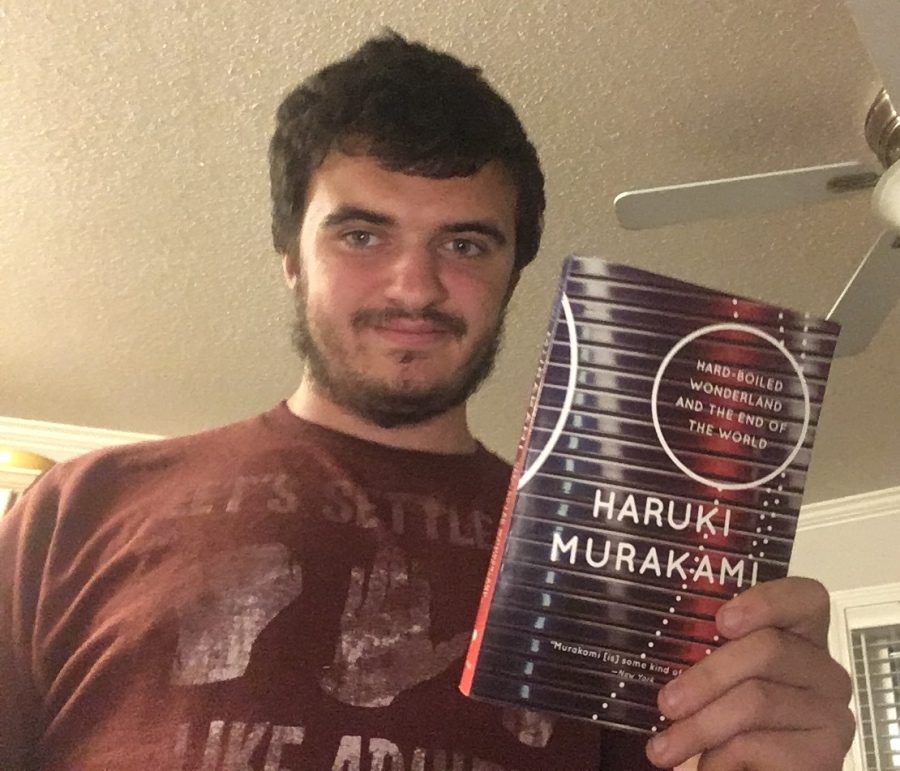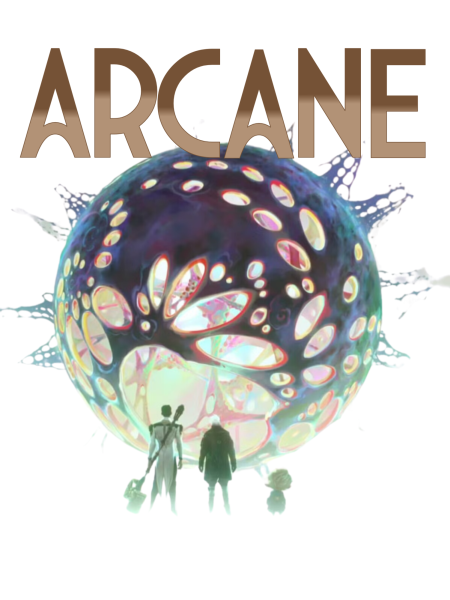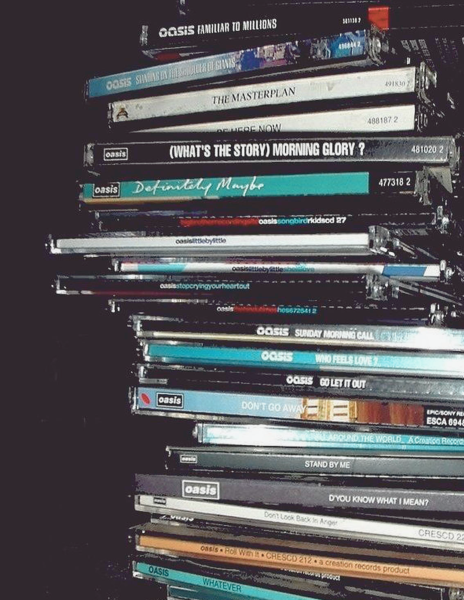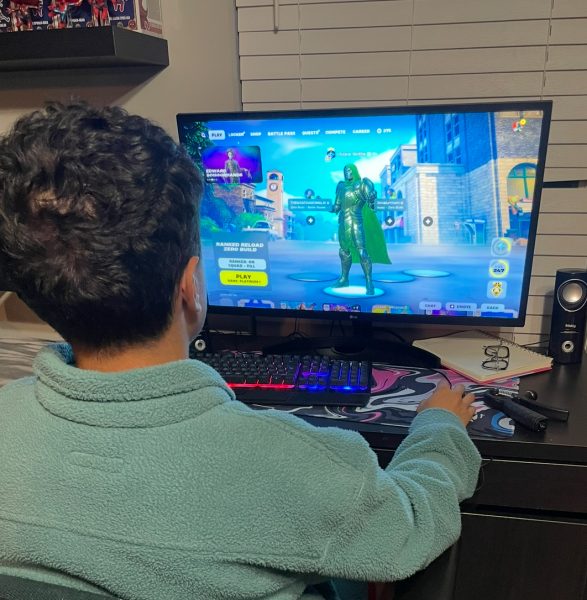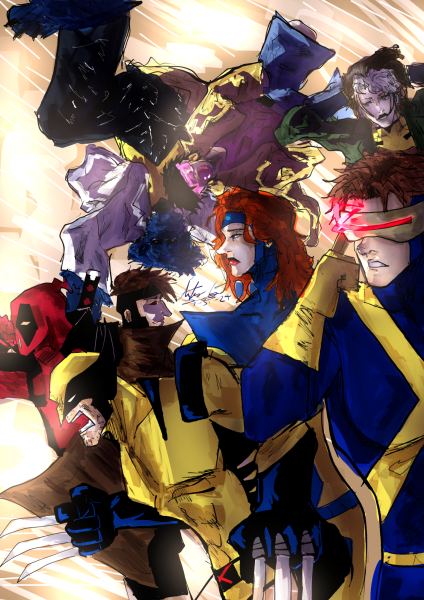Book Review: Haruki Murakami’s ‘Hard-Boiled Wonderland and the End of the World’
If you love dystopian novels, sci-fi novels and fantasy stories, then Jake Lankford thinks “Hard-Boiled Wonderland and the End of the World” is for you.
Unicorn skulls, subterranean monsters, a mad scientist, a town surrounded by a massive wall, and Bob Dylan? What is even going on here? Well, that is just a taste of the colorful, beautiful, surreal and depressing dual narrative that forms Haruki Murakami’s 1985, award-winning masterpiece “Hard-Boiled Wonderland and the End of the World.”
This strange novel is actually two stories and alternates between them. The odd-numbered chapters form the “Hard-Boiled Wonderland,” a cyberpunk, science fiction, and quasi-detective story, and the even chapters form the “End of the World,” a fantasy dystopian narrative. For the sake of convenience, I will summarize each story as if they were separate novels, but bear in mind that these stories need to be read together in order to fully understand the novel.
The “Hard-Boiled Wonderland” narrative centers on an unnamed, male narrator who we know little to nothing of, other than the fact that he is a Calcutec, a person who is basically little more than a living, breathing, data processor who works for the massive conglomerate known as the System. His job is to both encrypt and protect data from the cyber-criminal Semiotecs, who steal data for their group, the Factory. The narrator is contracted by an aging professor to do something very sketchy and possibly illegal – shuffle a set of data involving the professor’s research involving sound removal and skulls. What is shuffling? Well, let’s just say it involves plunging your mind into pure chaos and basically becoming a living encrypter for a set amount of time. This is only part of the story, as the narrator soon finds himself plunged into a massive conspiracy theory involving the very people he works for, underground monsters called INKlings, and one very mysterious object given to him by the professor – a unicorn skull.
The “End of the World” narrative is drastically different than the former. Set in a town that is contained in a wall so high only birds can fly over it, where nobody has any sense of identity or self, shadows are severed upon entering, and where unicorns roam free, this fantasy dystopia concerns another unnamed narrator who moves into the town with no memory of his former life and is forced into becoming the town’s Dreamreader, a person who has to go to the library every night and read dreams and fragments of minds contained in the unicorns’ skulls. After reading the first few dreams, however, the narrator meets back up with his shadow who requests that he make a map of the town so that they can escape and reunite. As he is making the map and learning about the town, the narrator learns things about his past and even falls in love with the librarian in the process.
The first thing that is probably running through your head right now is, “What the heck is even going on here?” Well, expect to get very few answers, because this is a book you not only read, but interpret, discuss and analyze. Though the book may seem chaotic and disorganized, Murakami knows exactly what he is doing and is able to fit each piece of the narrative together in such a way that creates an atmosphere of ambiguity that doesn’t go away, even with the amazing plot twist that brings the two worlds crashing together.
Another amazing thing about this book is how Murakami is able to extract all sorts of emotions from the reader. You will laugh, you will feel sad, but most of all, this is a book that makes the reader feel empty and lonely as soon as you finish the last page, and that feeling will stick with you for a long time afterward.
One minor criticism I have, though, is how the prose can get to be very turgid. For example, in Chapter One, the narrator describes an elevator opening – “Of course, the doors’ opening meant the linking of two spaces previously denied accessible continuity by means of those very doors. And at the same time, it meant the elevator had reached its destination.” That and a few other phrases are not needed and are very annoying to get through, but these phrases are few and far between and every other aspect of the book makes up for them.
In short, if you love dystopian novels, sci-fi novels and fantasy stories that are not the mass-produced, generic YA novels, then “Hard-Boiled Wonderland and the End of the World” is a perfect match. Still, please place this book on your reading list near the top. It deserves to be read by anyone and everyone who loves to read.
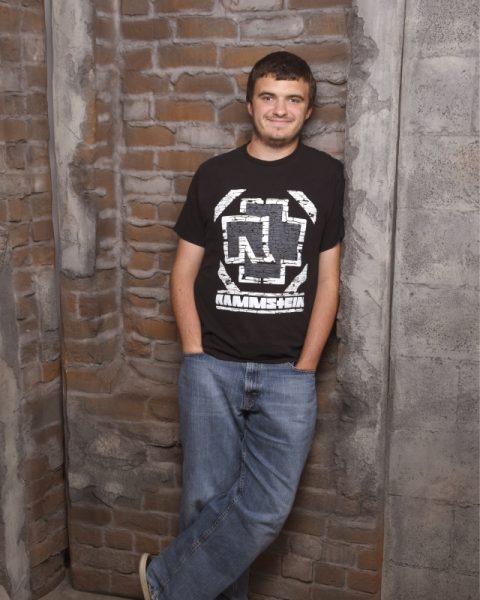
Morgan "Jake" Lankford
Staff/Reporter, The Pony Express.
Morgan "Jake" Lankford was a staff reporter for The Pony Express.

